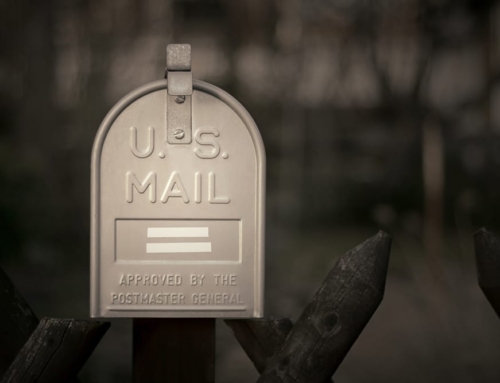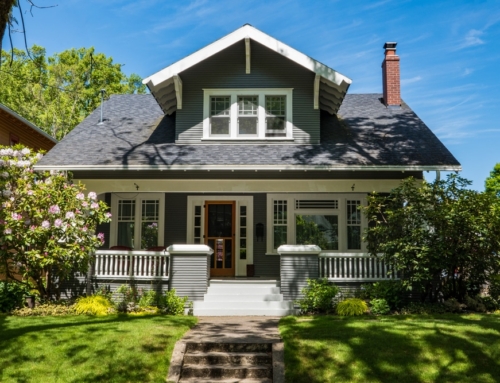Mortgage rates today are at record lows – doing an FHA streamline refinance could help lower your mortgage interest rates.

Q: I obtained a 15-year fixed FHA home loan early last year with an interest rate of 3.75 percent. I have about 13 years to go on the loan.
I’ve been told FHA streamline refinances cost almost nothing. Do I qualify? I was considering refinancing for 30 years to give us the options for month-to-month cash flow or go back to a new 15-year mortgage, depending on where interest rates are.
I have an excellent credit score and I have never missed a payment. What are my options? Are the rates at the bottom?
A: FHA Streamline refinances are extremely easy and relatively cheap. That’s true. But you should know that you can’t take a 15-year FHA loan and streamline refinance that loan into a 30-year loan. You can always try to refinance that loan and get a completely new mortgage product. It’s unlikely that a lender could refinance your loan, since the lender may not be able to demonstrate a meaningful benefit that needs to meet certain federal criteria for a streamline refinance.
What happens in an FHA streamline refinance is that the interest rate drops, and the other loan terms don’t change. So you wouldn’t start the clock ticking all over again with your loan. Instead, you’ll still have around 13 years left. You’ll just pay even less in interest, if you qualify.
You should be able to do an FHA streamline refinance from your current 15-year mortgage at 3.75 percent and get a lower interest rate. Today, 15-year mortgages are averaging well below 3 percent, so you might be able to streamline refinance your mortgage down to around 3 percent (you might expect the interest rate you get will be a bit higher than the lows). If you’re only paying a few hundred for the refinance, it would be well worth it but you should always make sure that the benefits outweigh the costs of the refinance.
Before you call your lender, read up on FHA streamline refinances at the Department of Housing and Urban Development (HUD) website: http://portal.hud.gov/hudportal/HUD?src=/program_offices/housing/sfh/buying/streamli.
Nevertheless, you hint at a bigger question and that is what kind of cash you need for monthly cash flow. While it doesn’t seem as though you’re having trouble paying any of your bills, having enough cash on hand to live the life you want to lead seems to be something you’re pondering. As you head toward retirement, it might be more helpful to have your mortgage paid down and then paid off, and a 15-year mortgage will do that for you, particularly if you only have 13 years left.
If you are planning for retirement, you can either work harder to pay off your mortgage before you get there, say in 7 or 10 years instead of 13, or you can try to refinance to a longer term. We think adding 17 years of mortgage payments onto your loan just to save a hundred or two hundred bucks a month may not make sound financial sense. Unless you have a plan for investing the money you are saving and do better than the market, you might be better off without the debt.
Instead, you should take a long, hard look at where else you’re spending money in your budget and try to find ways to tighten your belt (which will help you pay off your loan faster if you apply those savings).
If you’ve already tightened your belt as far as it will go or your finances allow you room to save money while making your loan payments, then the key to your question is deciding what to do with the money you have on-hand or will save in the future.
We’d hate to see you commit to 17 more years of payments, particularly now when interest rates are at 55-year historic lows. Unless you have a better place to put the cash, one that will earn more money than you’re spending to have it in your bank account, your best bet might be is to try to streamline refinance your mortgage and apply the difference. Paying off your home in full will certainly add more to your cash flow, not to mention your net worth, than going for a new 30-year mortgage.
As far as timing the market, we’ve thought a number of times in the past that we’d hit the bottom with interest rates only to see them go down a tad more. We’ve refinanced in the last year and the year before that. You can’t really time the market to get the best rate. Rates today are great by historical terms. In fact, mortgage interest rates have hit a record low and 30-year fixed mortgage rates are as low as anybody can remember. We don’t have to go back that far to remember interest rates that we considered good at 7 percent.
Thanks for your email.






[…] to a longer term. We think adding 17 years of mortgage … … Continue reading here: Have Mortgage Interest Rates Hit Record Lows? ← How to Calculate Your Social Security Income in […]